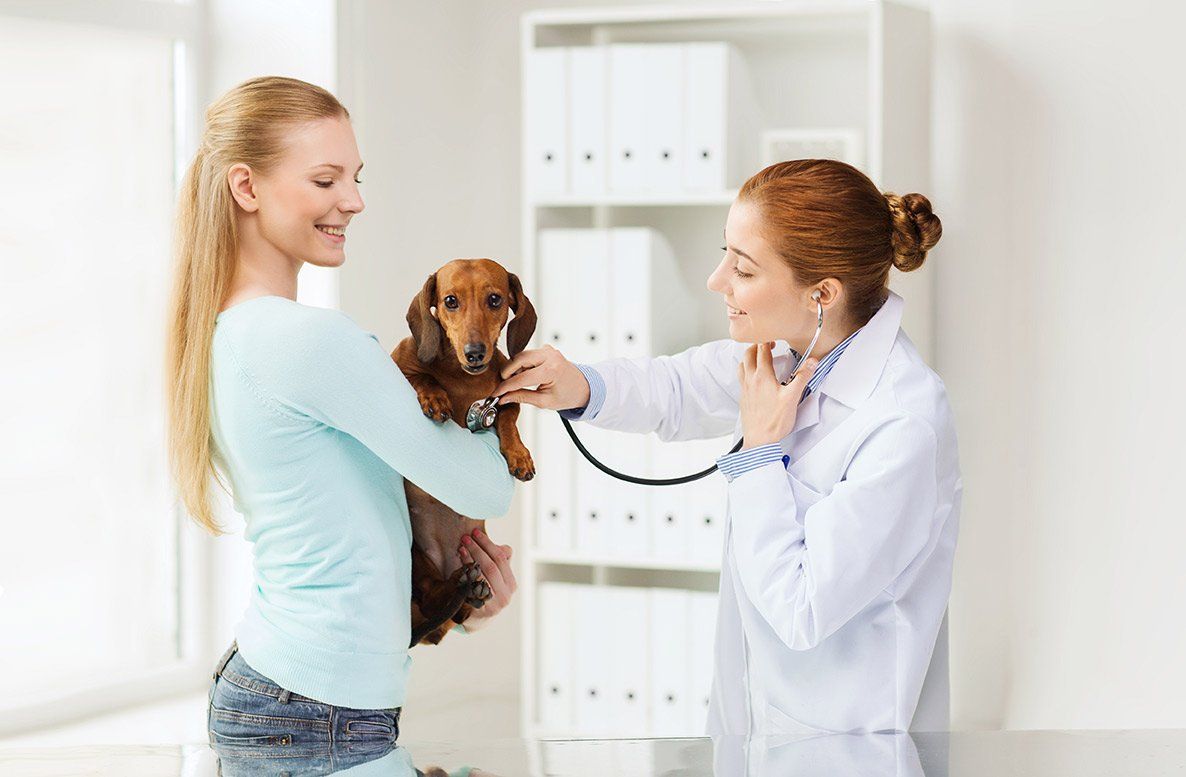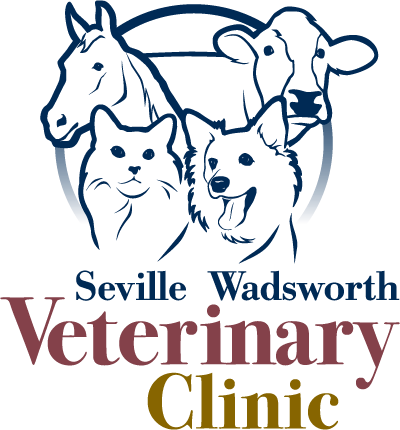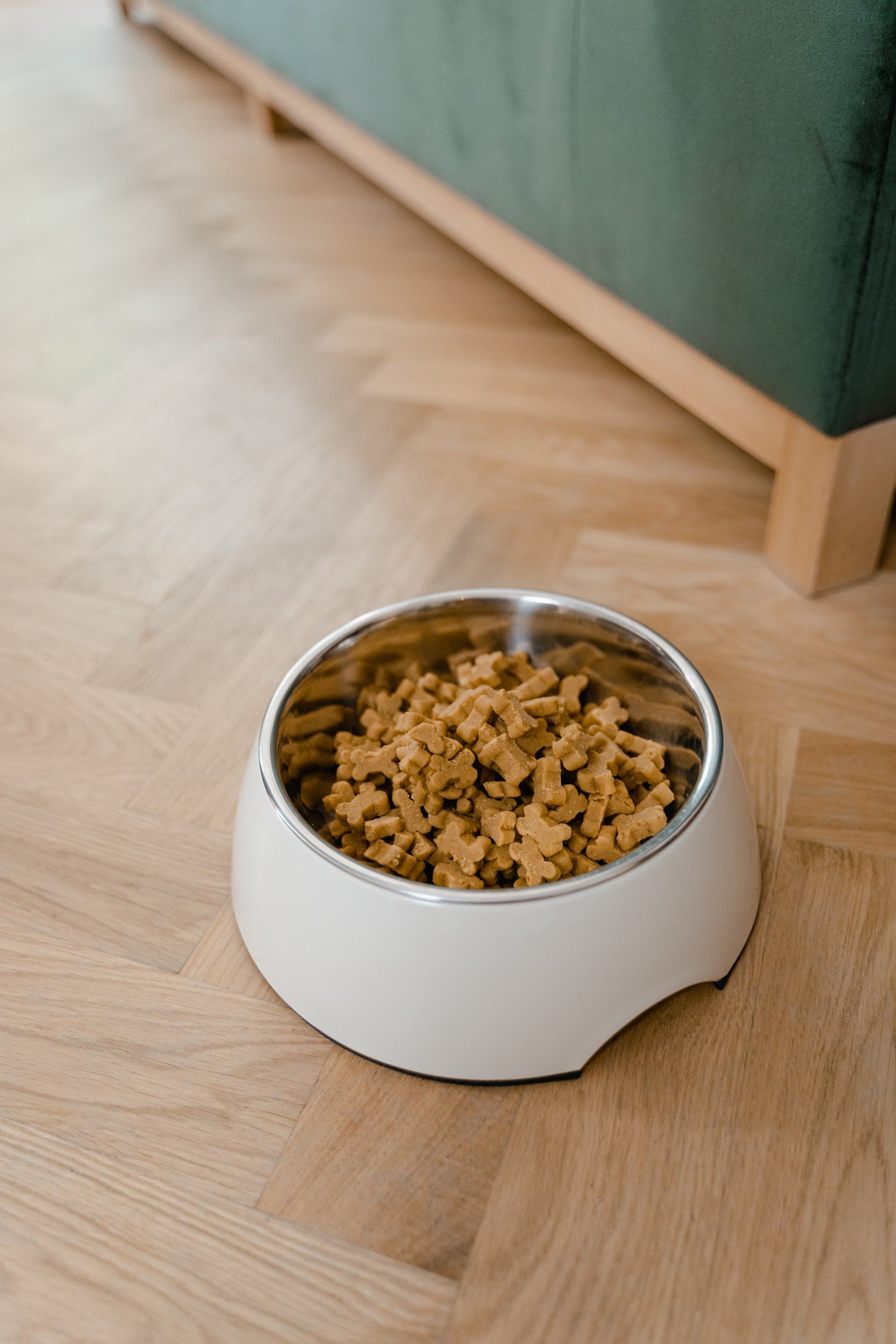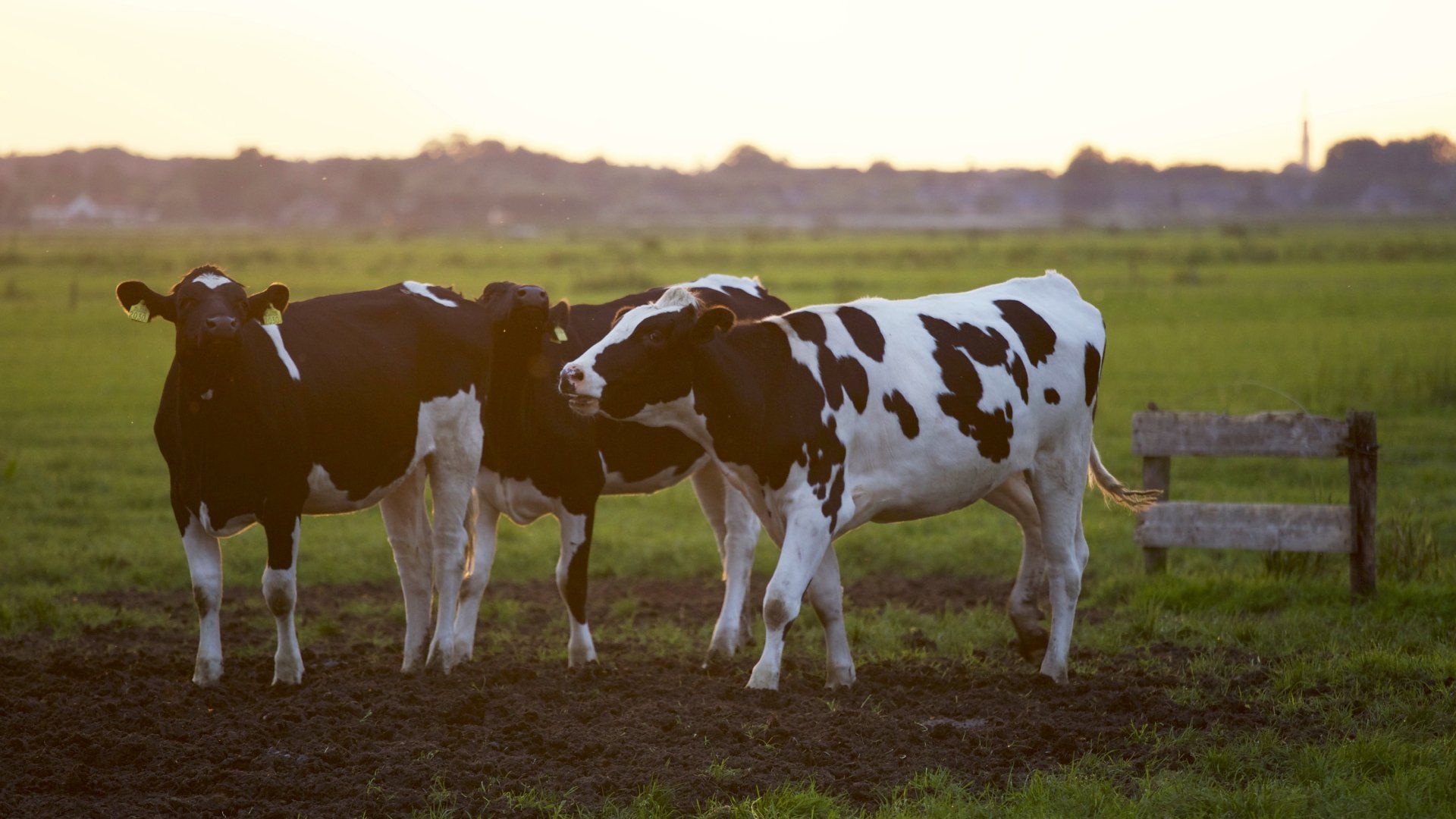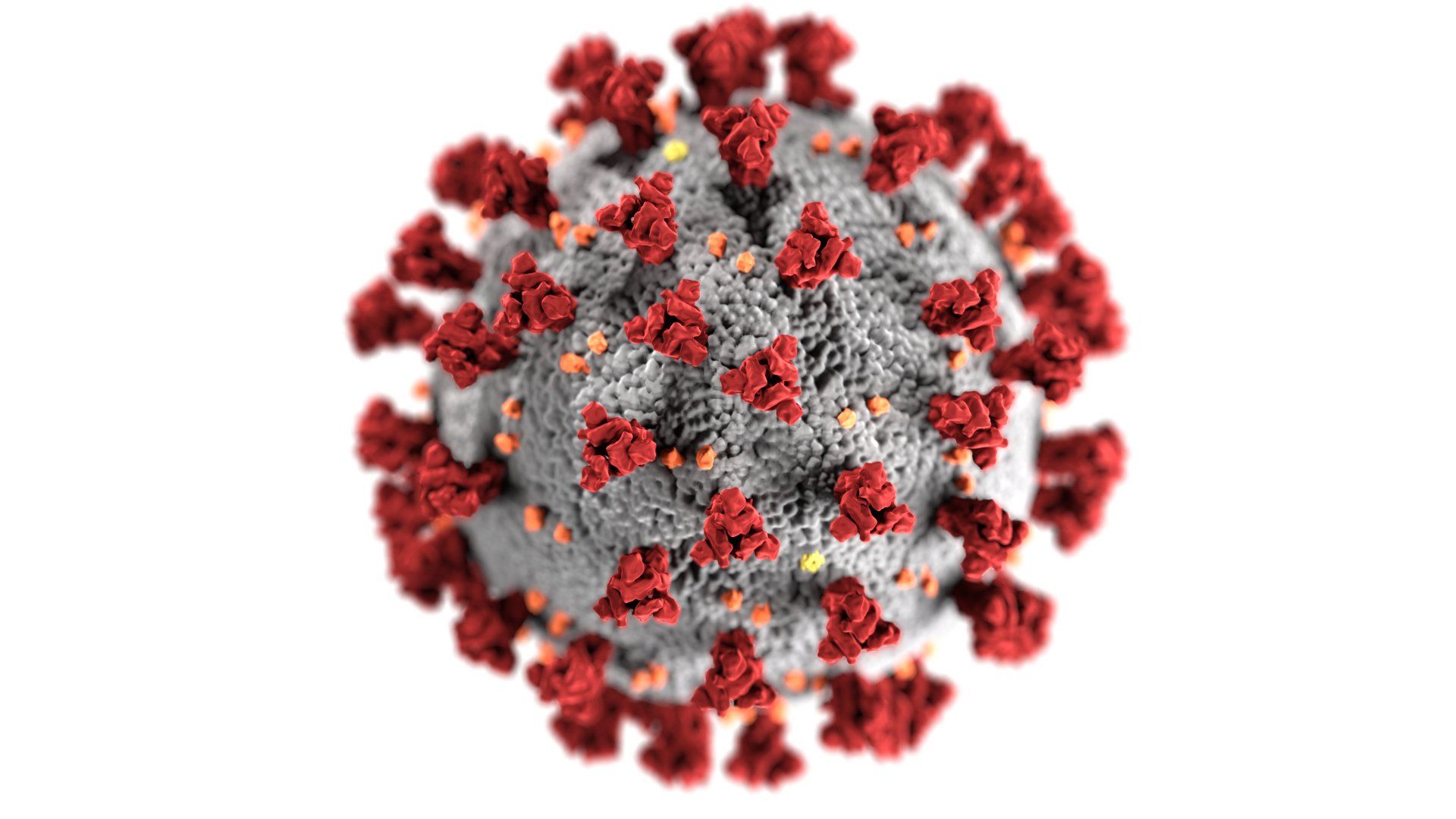The Cat Flea Life Cycle
The Flea Life Cycle
In Seville, Wadsworth, Creston, Medina, Rittman and the areas surrounding the Seville Wadsworth Veterinary Clinic; the most common flea problem is actually Cetenocephalides Felis (A.K.A. the cat flea). The cat flea is responsible for approximately 80% of the flea outbreaks in Ohio. The adult fleas tend to spend their mature lives on the host, although adult fleas can survive for several days in the environment. Hosts can include just about any animal that is warm blooded and covered in hair. This includes wildlife, such as squirrels, racoons and possums. Survival in the environment is dependent upon the relative humidity and temperature. The pupae are stimulated to hatch by the presence of vibrations on the ground and carbon dioxide. After emerging from the pupated (think cocoon) stage, adult fleas migrate toward light and locate hosts through visual cues.
Adult fleas begin to feed on the host's blood very rapidly ( within seconds to minutes). Within 1-3 days of the first blood meal, the adult flea begins to lay eggs. Female fleas can lay 50 eggs per day. She may continue to lay eggs for up to 100 days. Flea eggs fall into the environment, mostly being found where the dog or cat spends a lot of time. These areas include bedding and play areas, but may also involve rooms wuch as the family room or living room.
The flea eggs will hatch starting at 24 hours and continuing over a period 10 days. Once the eggs hatch, they enter their larval stage. These emerging larvae feed on flea feces and organic debris (things like dust particles). The larvae tend to prefer dark areas, so they migrate away from light into carpets, bedding and soil. Flea larvae will go through 2 molts over the next 5-11 days before entering the pupae stage. While the flea larvae are quite susceptible to heat and desiccation, flea pupae are relatively resistant. Likewise, there are many available products to target the larval stage, but not the pupated stage.
The adult fleas begin to emerge from pupae in 5-9 days, contributing to the viscous cycle. If they fail to hatch, these pupae can remain dormant for several weeks to months until a host is found. Once again, these pupae emerge when they sense vibrations and carbon dioxide (two of the cues that a blood meal is in the area). A main reason that flea infestation can be difficult to control is due to the persistence of these dormant pupae in the environment.
The entire life cycle, from egg to adult flea, is completed in 3 to 8 weeks in most cases. In certain instances, the life cycle may extend to nearly 6 months if the temperature and ambient humidity are ideal. In our area, we do benefit from the cold season. These extreme temperatures help to control the flea life cycle because none of the flea life stages can survive prolonged (greater than 10 days) exposure to freezing temperatures. Unfortunately, this only extends to the environment, as it is thought that fleas can "over-winter" on urban wildlife (opossums, foxes, skunks, raccoons) and feral cats in northern climates. These pets then serve as sources of re-infestation for pets.
Here is a scary thought: the adult fleas that you can see only represent 5% of the entire problem. The breakdown of the life cycle is as follows:
Adult fleas: 5%
Pupated Stage: 10%
Larval Stage: 35%
Eggs: 50%
We will try to have a subsequent article to discuss how to treat a flea infestation. We will also likey cover flea allergy dermatitis in an additional article.
